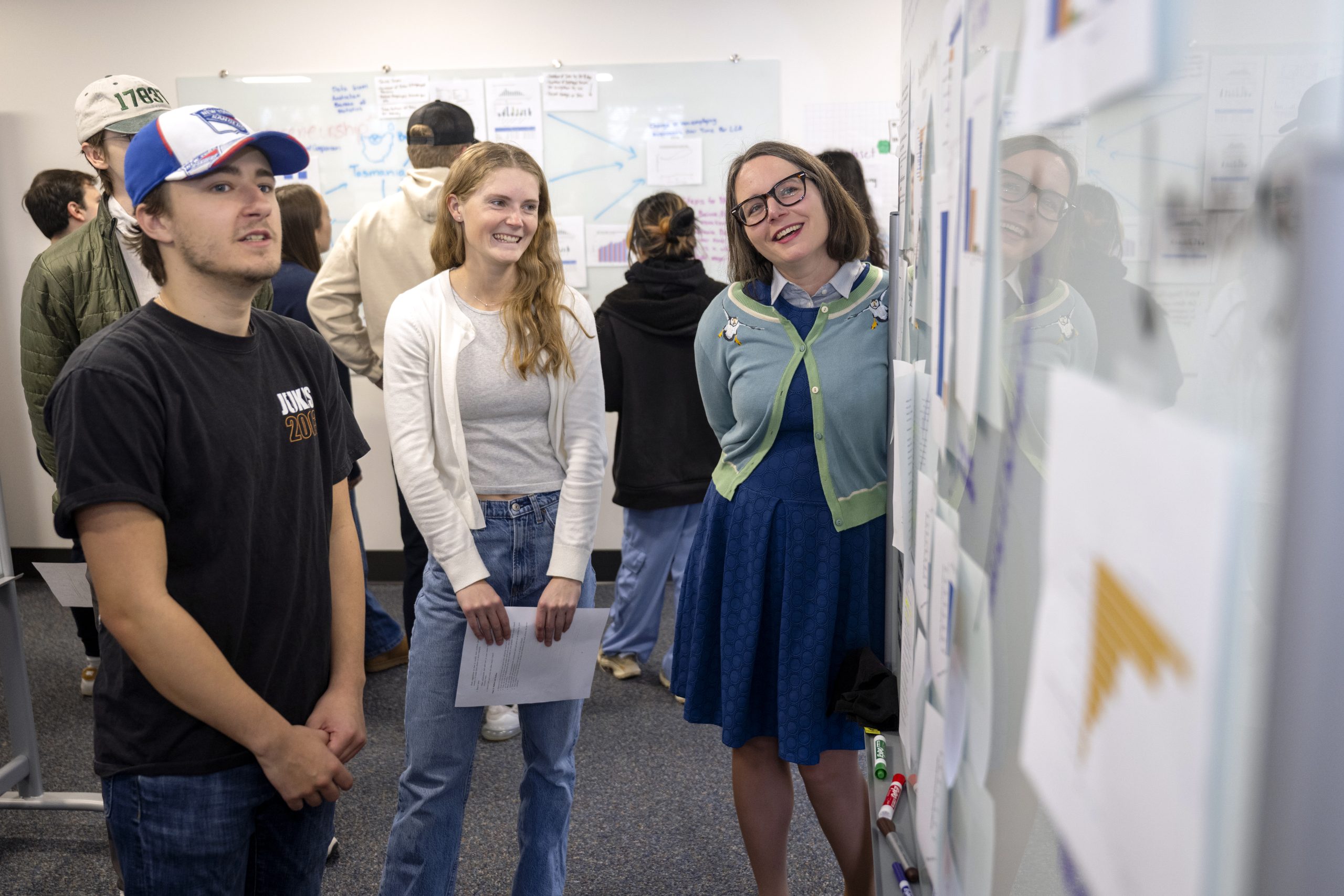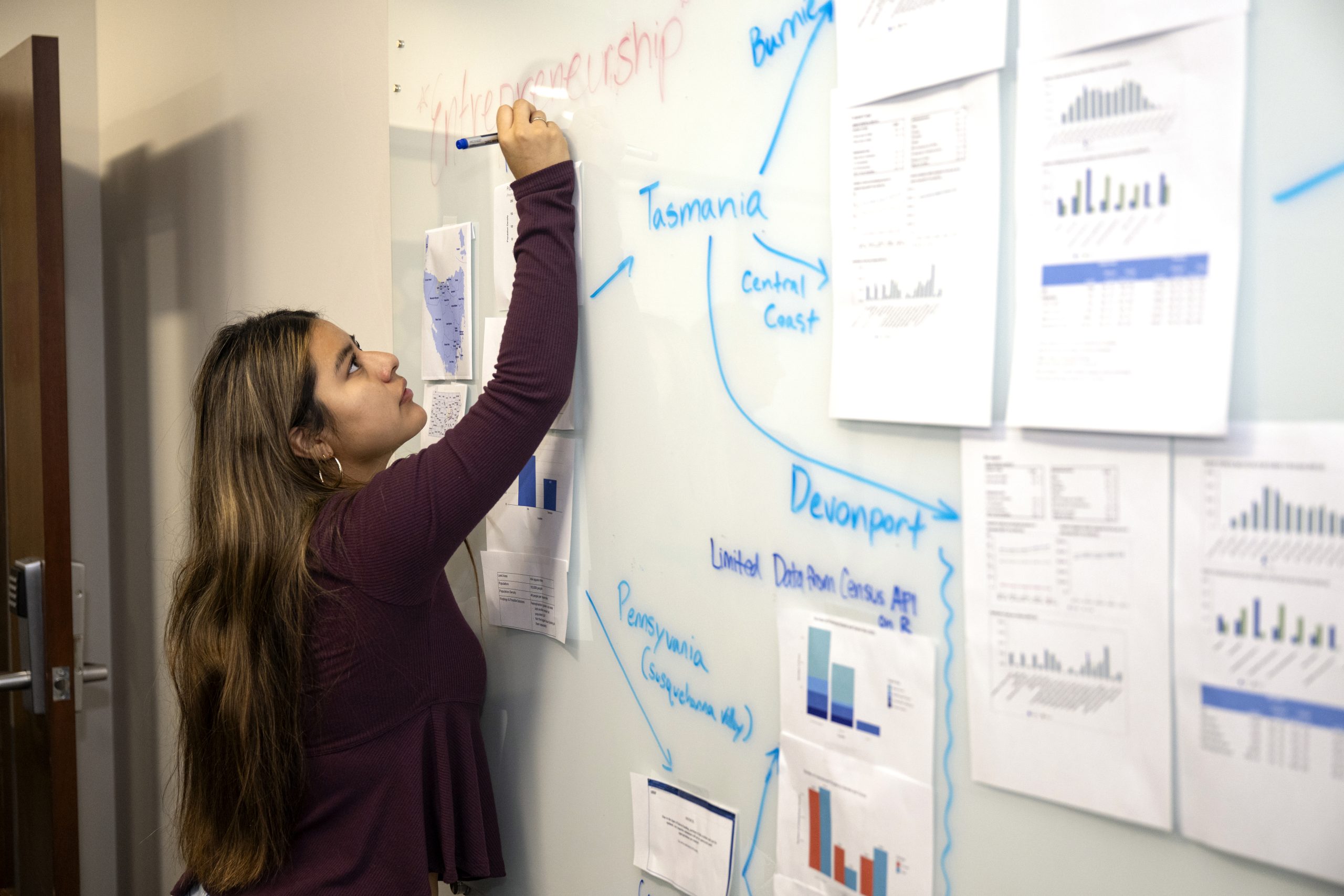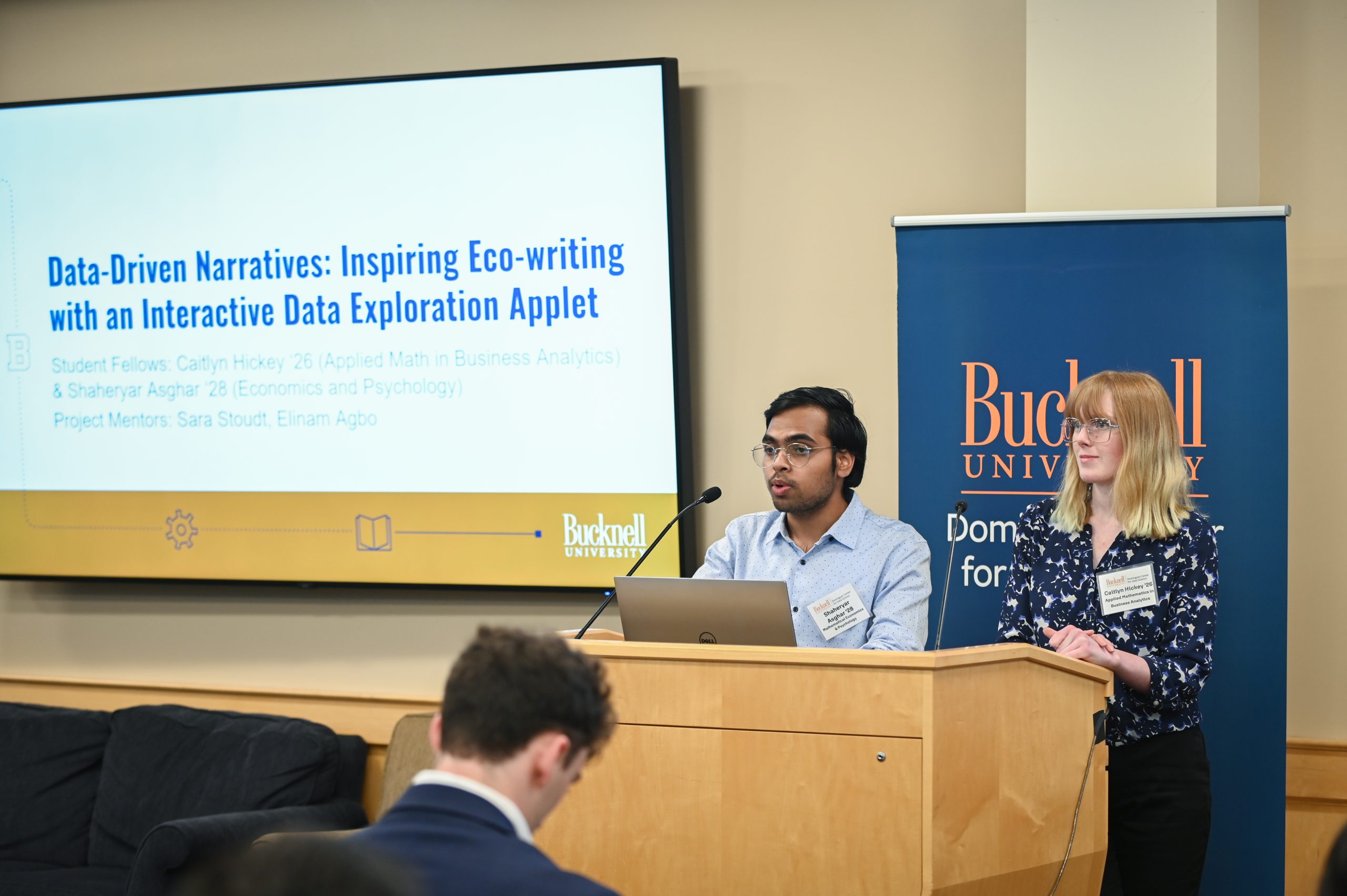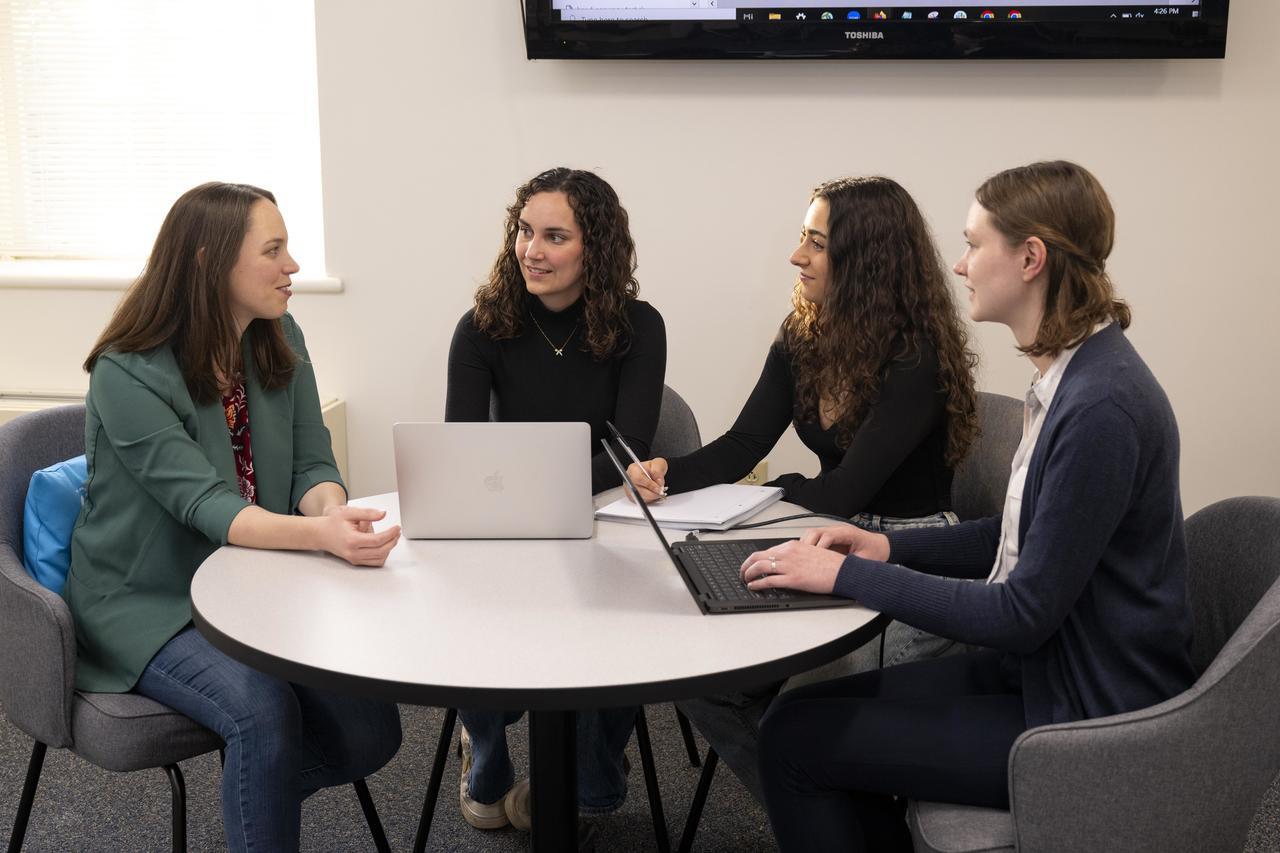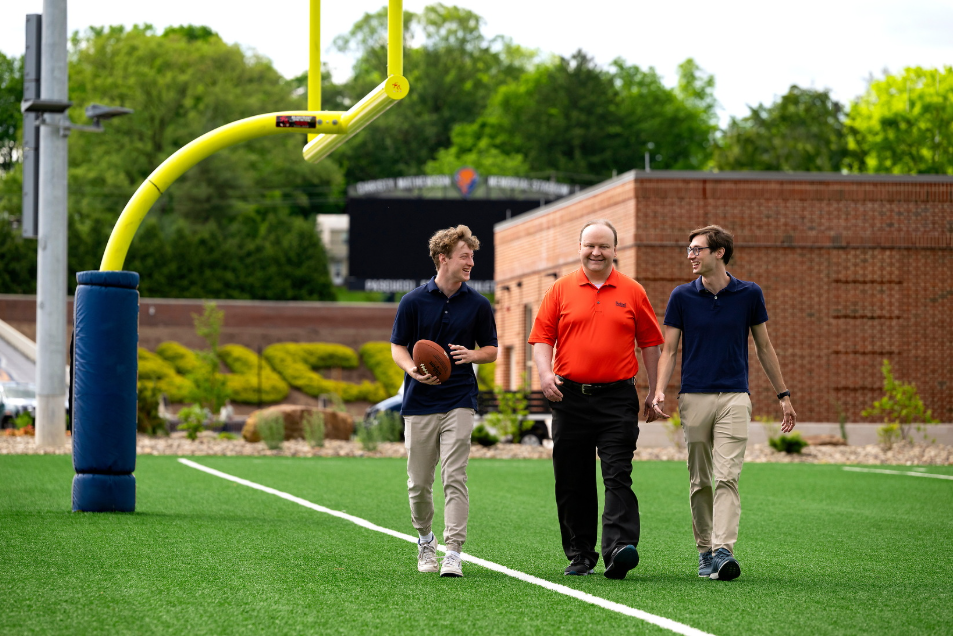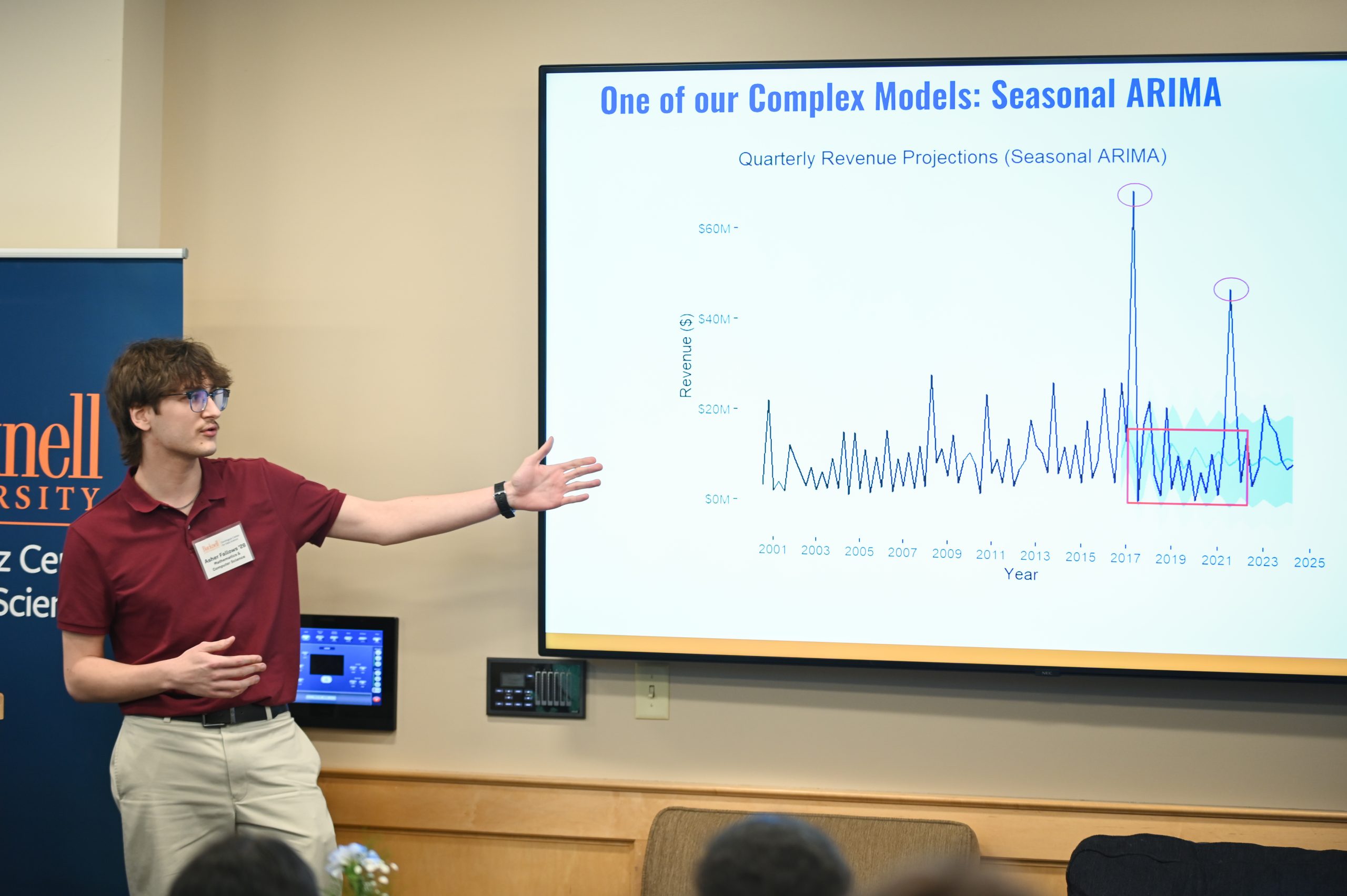Projects
The Dominguez Center for Data Science offers two programs to support students exploring data science research during the academic year, as well as summer research opportunities.
During summer research through the DCDS, students work full-time for 8-10 weeks in small research teams on data-oriented projects.
As part of a DCDS summer research project, students will:
- Work on a summer-long data science research project
- Collaborate with a team of student researchers and faculty/staff mentors
- Receive a stipend and on-campus housing (if applicable)
This program is ideal for students who want to develop their data science skills, would enjoy working in a small cohort of students and mentors, and can work full-time on campus for most of the summer.
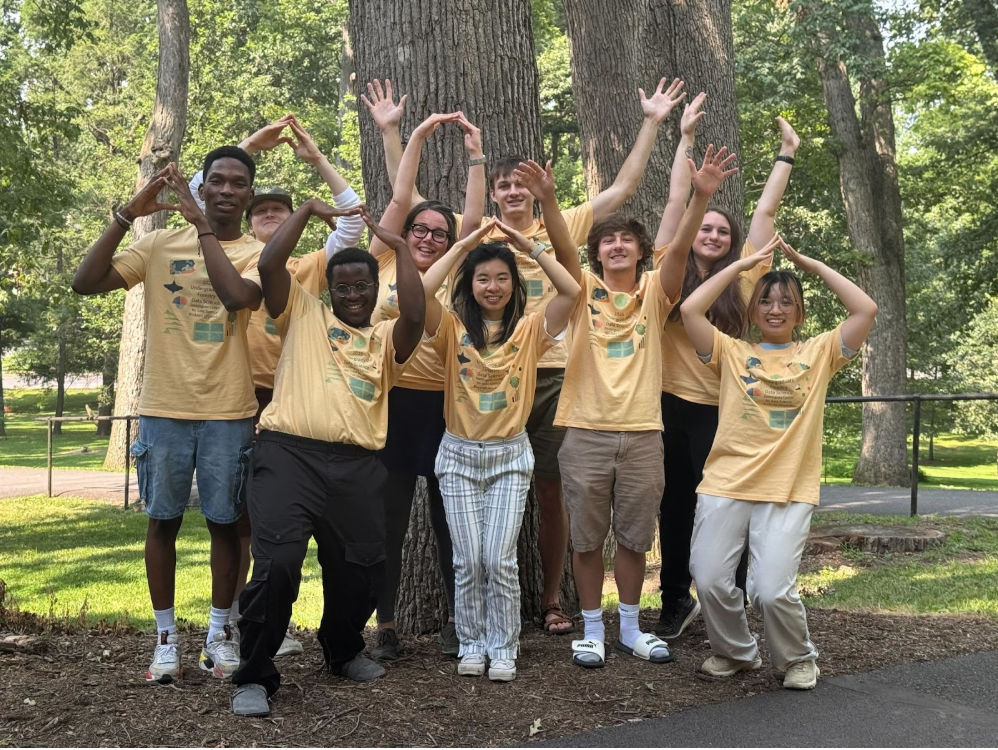
As part of the The JoAnn Patrick-Ezzell ’75 & Andrew Ezzell Data Science Student Fellows Program (DSSFP), students work on semester-long collaborative data science projects.
As part of the DSSFP, students will:
- Work on semester-long collaborative data science projects
- Collaborate with a project stakeholder and a data science mentor
- Receive an hourly wage for their work, supervised by the Center Director
- Meet regularly with the Center Director and the rest of the DSSFP student cohort
This program is ideal for students who want to expand their data science skills, don’t already have a project or mentor in mind, and would enjoy working in a small cohort.
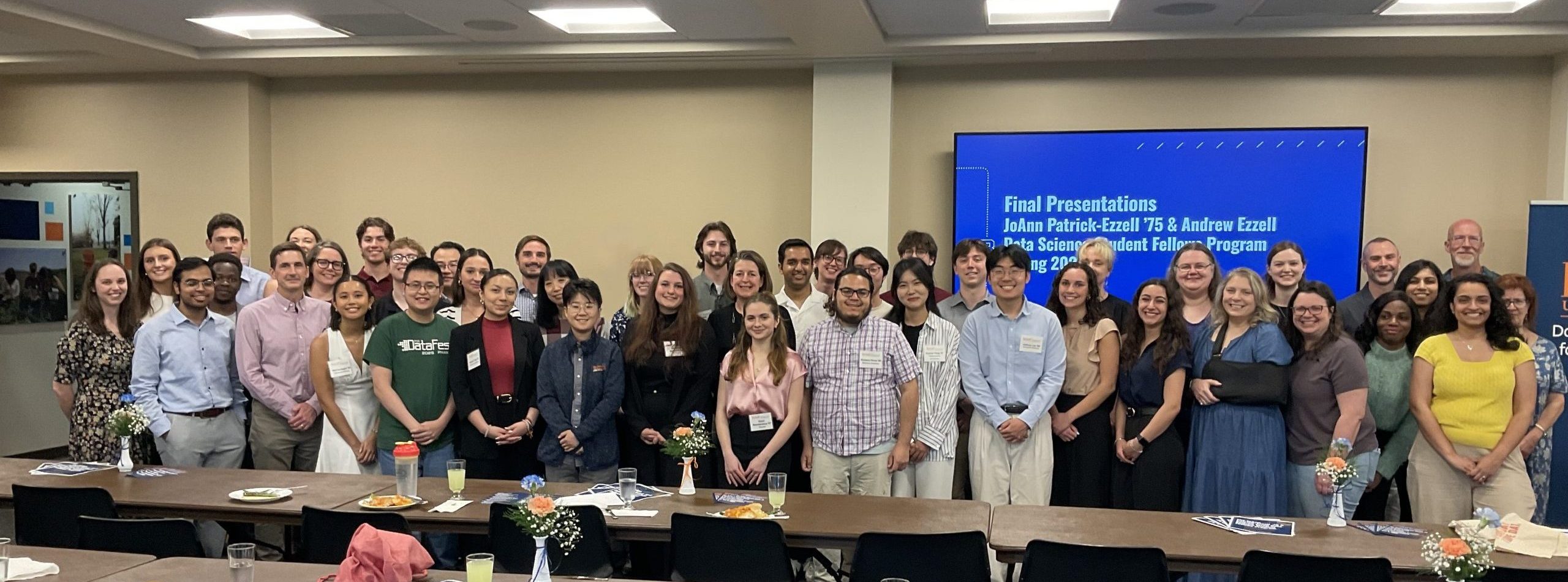
As part of the Scholarly Grant Program (SGP), students work with a Bucknell faculty or staff mentor for a semester on a project relating to some aspect of data science.
As part of the SGP, students will:
- Work on semester-long data science research projects
- Collaborate with a faculty/staff mentor
- Receive an hourly wage for their work, supervised by the faculty/staff mentor
This program is ideal for students who want to apply existing data science skills, have already identified faculty/staff mentors for a project, and would like to work more independently.
We encourage project mentors to consider applying for an SGP only if the project is unsuited to the DSSFP or was not selected for that program.

